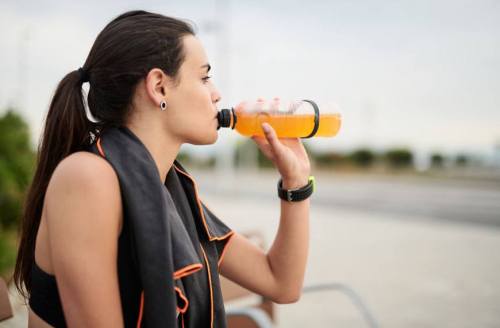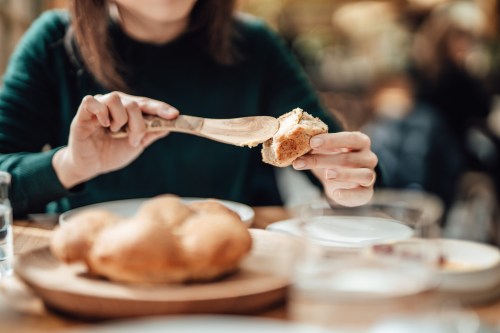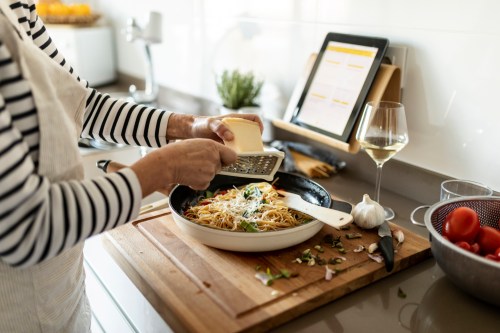So you’re going keto…what do you know about electrolytes?
Functional medicine practitioner and Perfect Keto founder Anthony Gustin, DC, MS reveals the foods to eat to avoid a reaction when starting the ketogenic diet.

If you’ve flirted with the idea of trying the ketogenic diet, chances are that you’ve heard about the dreaded “keto flu.” Cutting ties with carbs should theoretically make you feel less lethargic, right? Many report that, ultimately, it does—but that first week can be rough. Powering through your regular workout suddenly seems impossible. What gives? It turns out that there’s actually an easy fix to keeping your energy up while making the transition.
Functional medicine practitioner and Perfect Keto founder Anthony Gustin, DC, says there’s a common mistake most people make when going keto: not upping their electrolyte consumption. “What happens when you switch to a low-carb diet is your body’s insulin levels drops, and when that happens, it’s flushing out electrolytes,” he says, adding that electrolytes are essential for muscle contraction and cellular communication.
When your insulin levels drop and you don’t up your electrolyte consumption, then your muscles aren’t going to be able to perform at the level you’re used to. You’ll probably feel a little mentally slower too, since cellular communication is also used for brainpower.
So what do you need to eat to make sure you’re getting enough electrolytes? “Increasing sodium, potassium, magnesium, and calcium are all important,” Dr. Gustin says. Foods and drinks such as bone broth (for sodium), salmon, avocados, leafy green veggies, and mushrooms (for potassium), and non-dairy unsweetened milks like almond and coconut (for calcium) will all help increase the mineral and vitamins needed to boost electrolytes, ultimately replenishing your body. Add these to your diet and there will be nothing getting in the way of your beast mode.
If going keto hasn’t exactly been kind to your digestive system, here’s what to do. And this low-carb avocado toast is a major ketogenic win.
Sign Up for Our Daily Newsletter
Get all the latest in wellness, trends, food, fitness, beauty, and more delivered right to your inbox.
Got it, you've been added to our email list.










